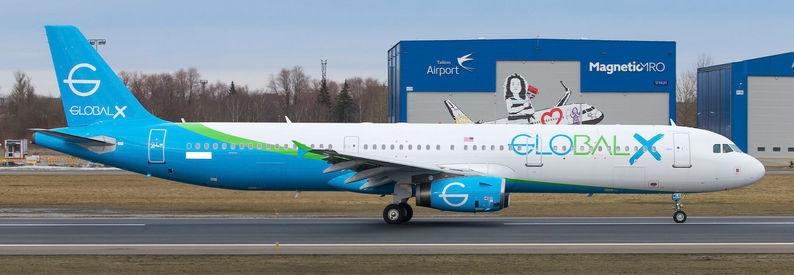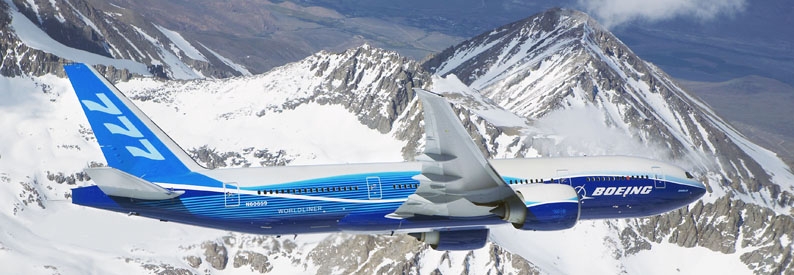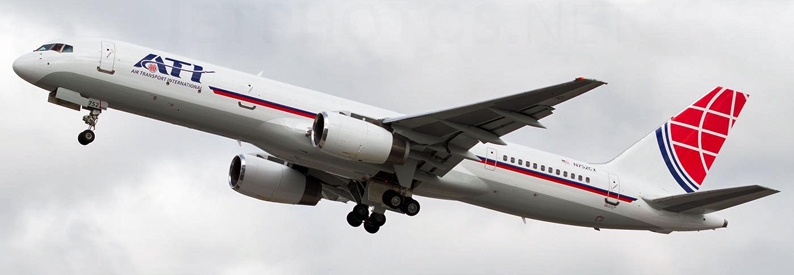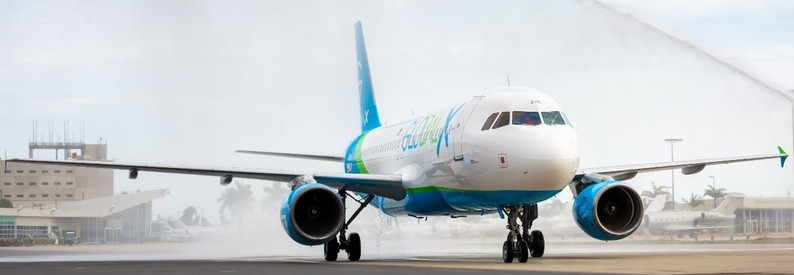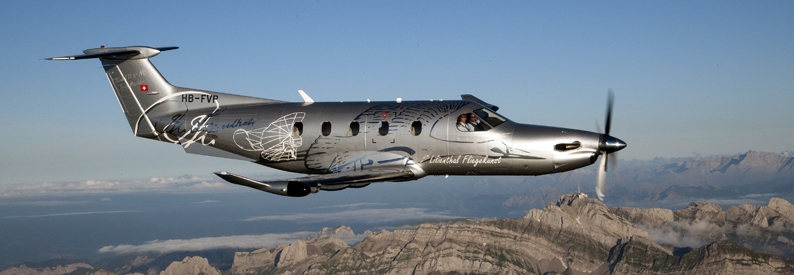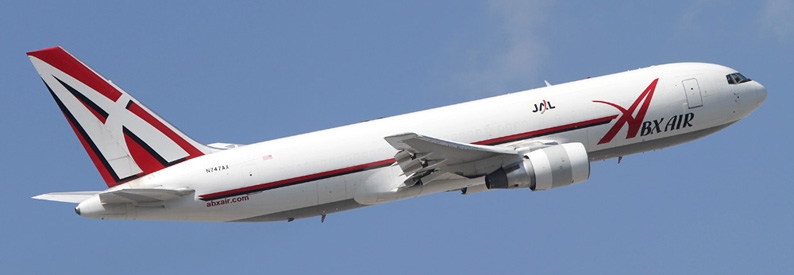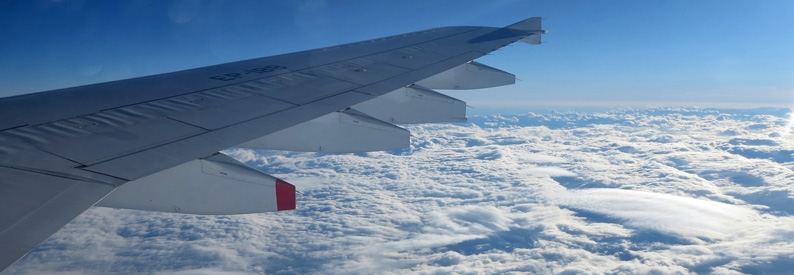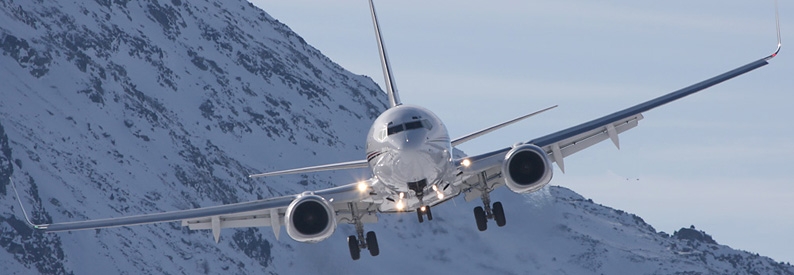The United States Department of Defense has enlisted 18 aircraft from six commercial airlines to assist with the evacuation of at-risk persons from Afghanistan under the Civil Reserve Air Fleet (CRAF) mechanism.
The Pentagon said in a statement that it had ordered US Transportation Command to activate the first stage of the CRAF mechanism, covering the following contributions from commercial carriers:
- four aircraft from United Airlines,
- three aircraft each from American Airlines, Atlas Air, Delta Air Lines, and Omni Air International, and
- two aircraft from Hawaiian Airlines.
The DOD said the requisition of aircraft would not impact the carriers' commercial operations. While it did not disclose the specific types to be used for the air bridge, the aircraft in question will not be used for operations into Kabul or any other Afghan airport. Rather, they will operate from staging bases and interim transfer points - possibly including Doha Al Udeid in Qatar and Ramstein in Germany - for onward flights to the United States. Flights into Kabul will continue to be operated by military aircraft. The DOD underlined that offloading long-haul flights to US commercial carriers would increase its capacity and ability to evacuate people from Afghanistan itself.
"I’m [currently] taking [the C-17s] out of the proverbial fight, if you will, for a longer period of time before I get them back in. [That], in the longer run, reduces the number of evacuees that I can get out of Afghanistan," Brigadier General Dan DeVoe, who oversees the United States Air Force aerial refuelling programme, told media on Friday.
Flightradar24 ADS-B data indicates that the first United Airlines aircraft deployed under the CRAF framework is B777-300ER N2352U (msn 66592). The aircraft flew from San Francisco to Frankfurt Hahn on August 18, was subsequently deployed to Kuwait and Doha Al Udeid, and is also scheduled to connect Ramstein with Washington Dulles.
This is the third time the Pentagon has activated the CRAF, following the deployment of commercial aircraft in support of the first (1990-1991) and the second (2002-2003) Gulf wars in Iraq. The mechanism was established in 1951 and is open to all US-based carriers which can participate on a voluntary basis. In return for them signing up, the participating carriers are given preference in carrying commercial peacetime cargo and passenger traffic for the DOD.
In a separate development, the US Department of Transportation (DOT) has issued a blanket foreign air carrier permit (FACP) to all foreign carriers to the extent necessary to permit them to conduct commercial operations in support of the evacuations from Afghanistan. The order, issued on August 20, specifies the FACP will only cover operations on behalf of the US government and only internationally - it does not extend to domestic (cabotage) operations in the US. The permit is valid through September 30, 2021. Operators looking to benefit from the decision will still have to adhere to all FAA and ICAO standards applicable to airlines that apply for an FACP under normal procedures. The DOT decision also allow the US government to enlist foreign carriers on a charter basis.
